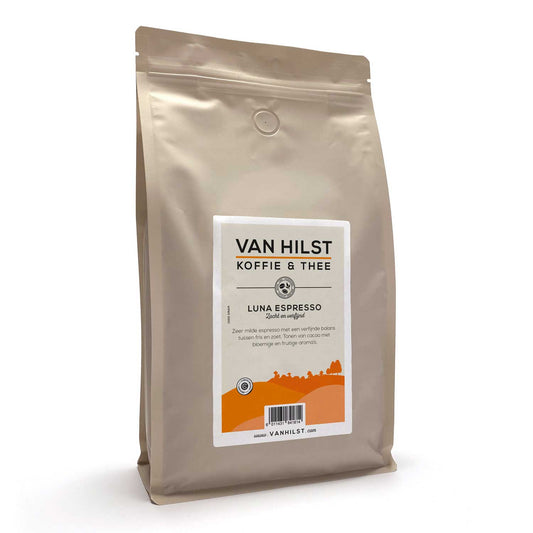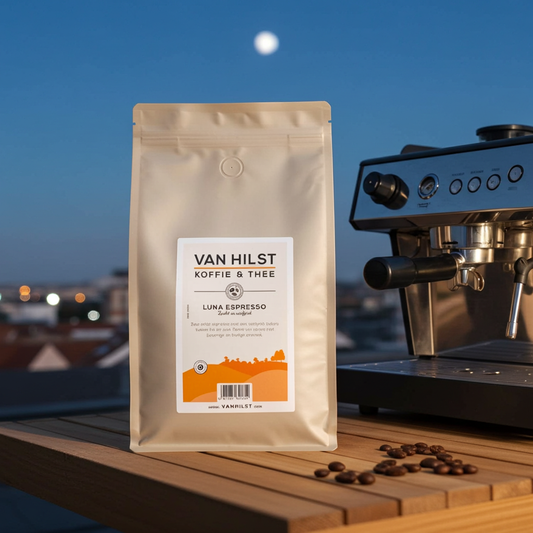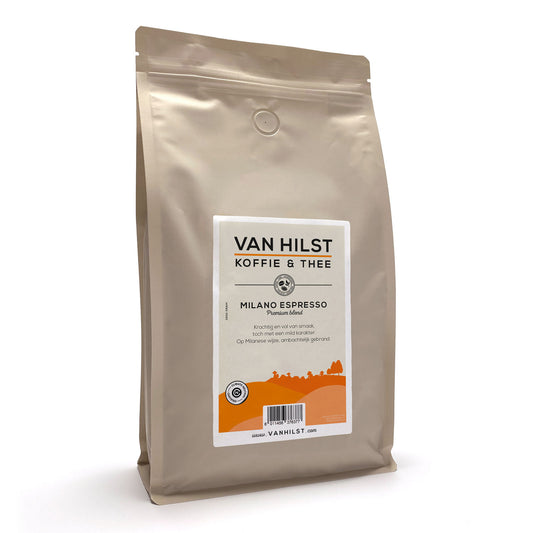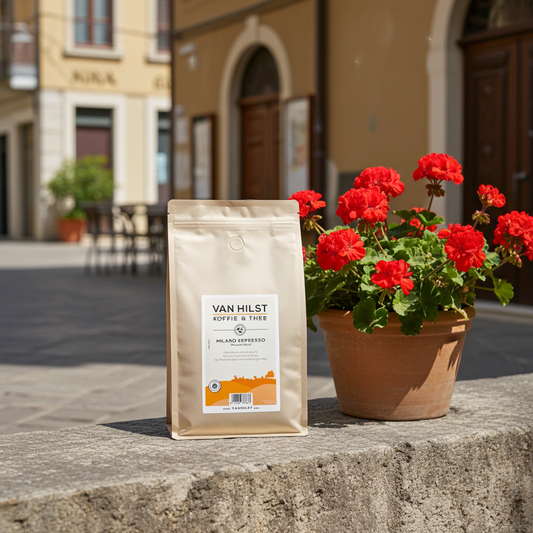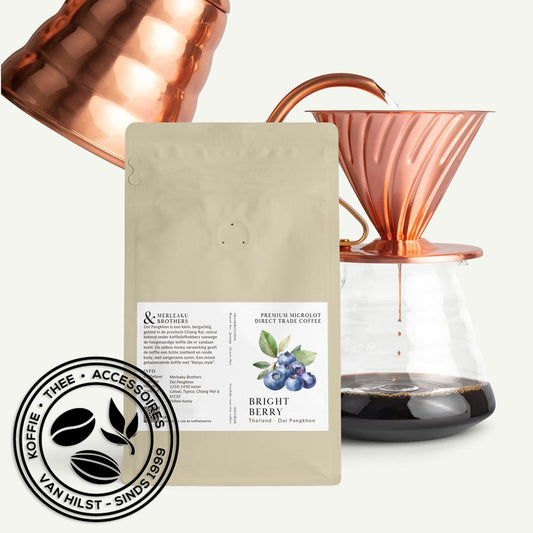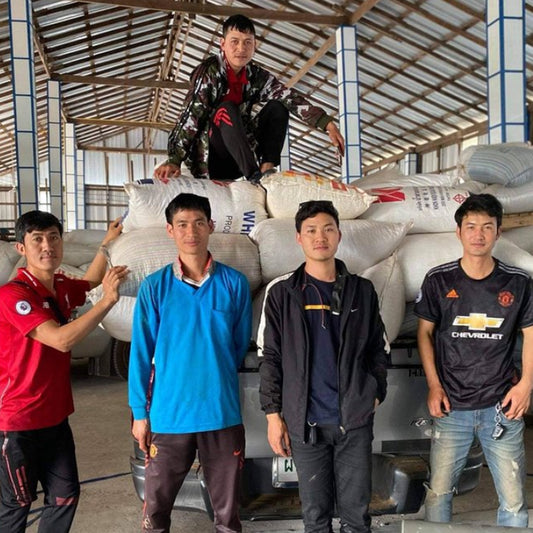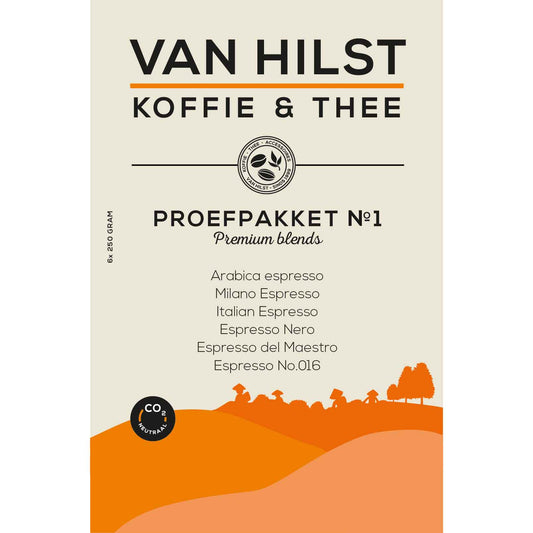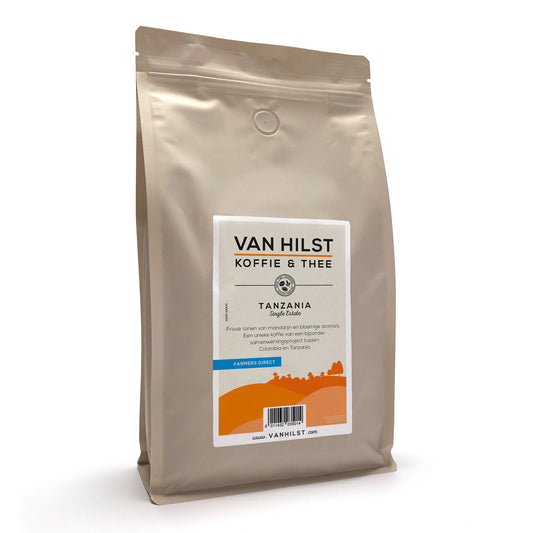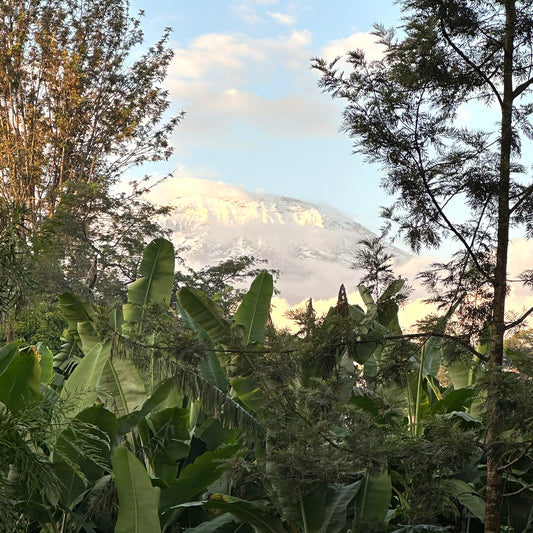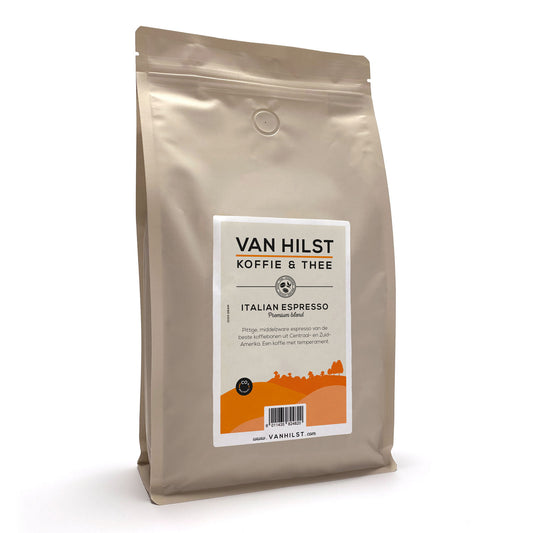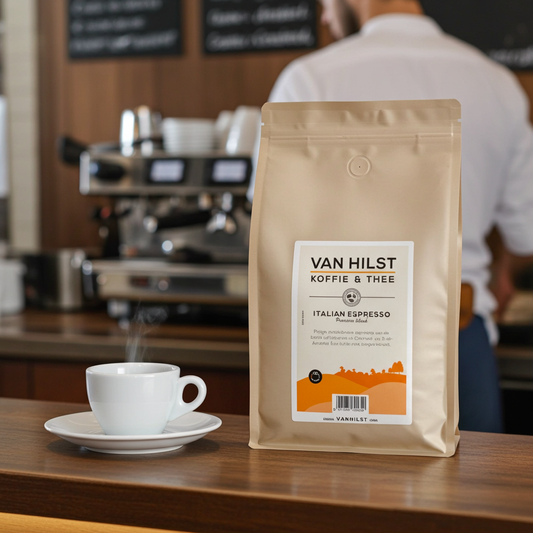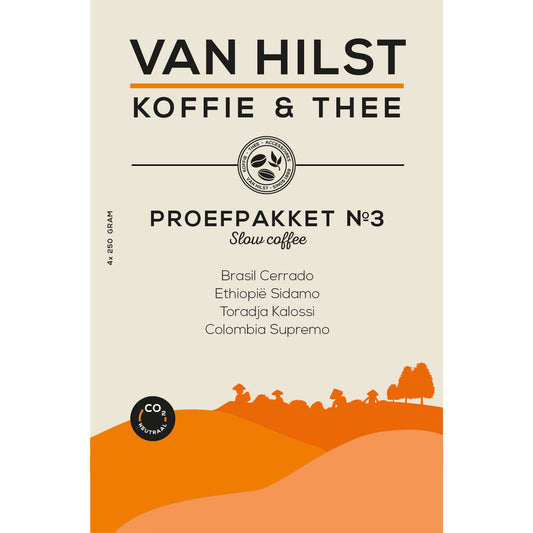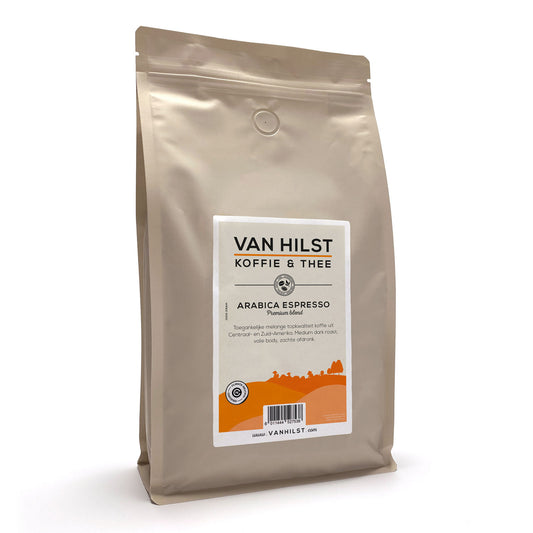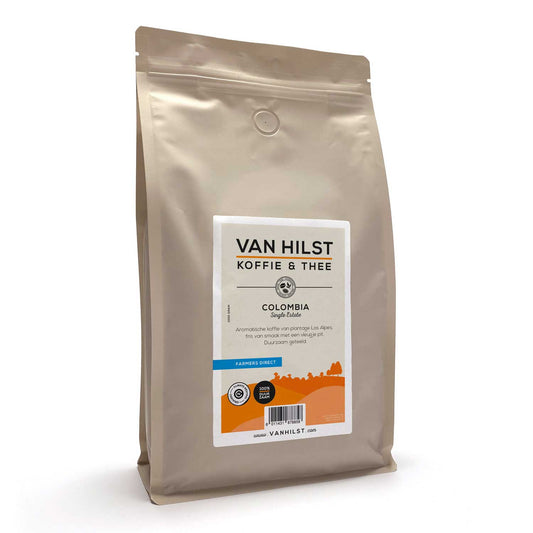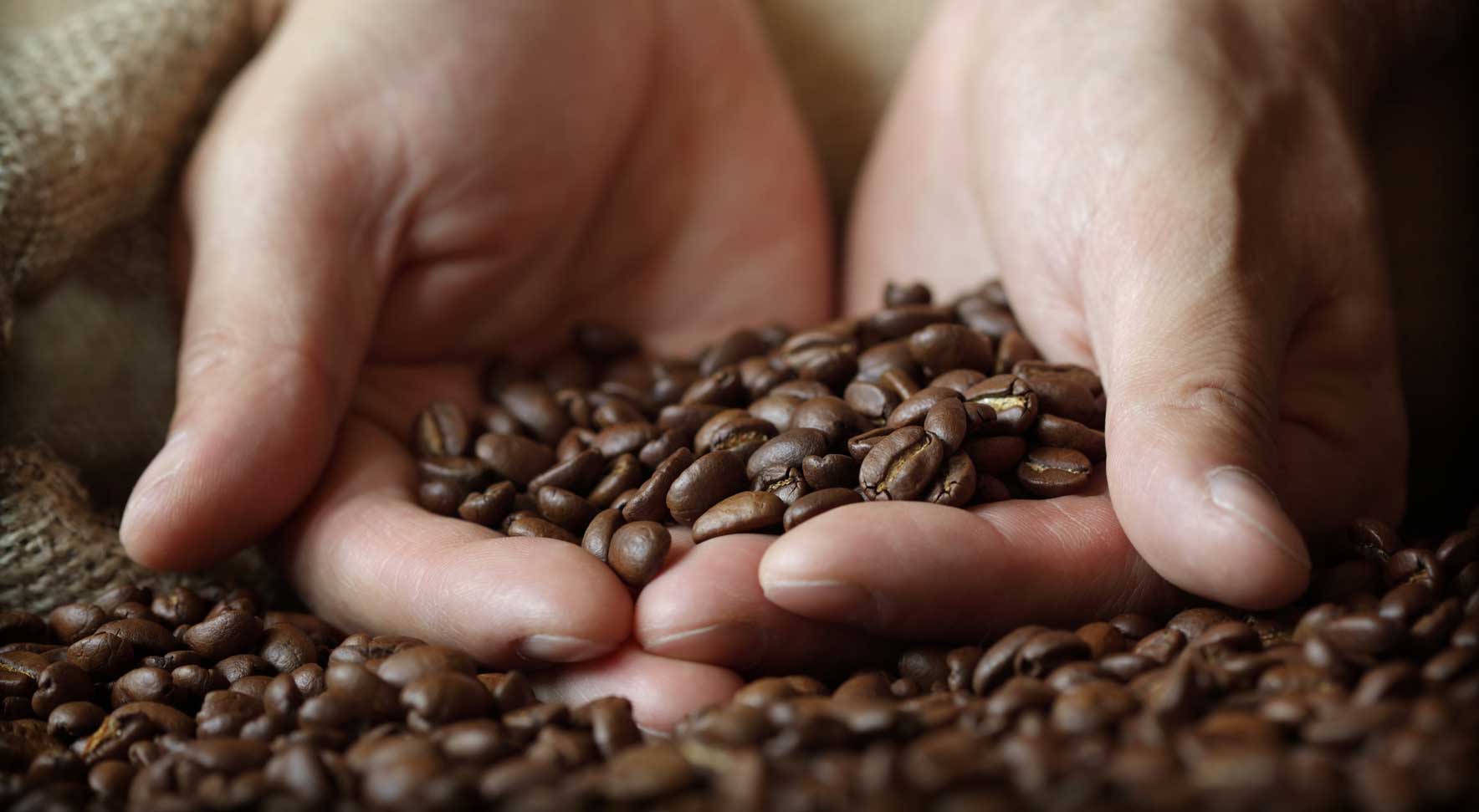
Brazilian coffee growers are suffering from drought
Share
Last year's extreme drought severely affected coffee production in Brazil. Coffee farmer Tiago Figueiredo is just keeping his head above water.

“Calculating and praying determine my life at the moment,” says coffee grower Tiago Figueiredo (36), not without irony, on the phone from his plantation in São Tomás de Aquino. Due to a combination of frost and drought, he lost 40 hectares of coffee last year, a third of the production of his 120 hectare company. “In 2021, we had a very serious drought.”
Brazil, the largest coffee producer in the world, is experiencing a major drop in production. According to agricultural organization Conab, the acreage fluctuated around 1.75 million hectares in 2008 and has fallen to less than 1.5 million hectares in 2020. The coffee harvest in Brazil last year was 25 percent less than in 2020. A recovery of about sixteen percent is expected for 2022.
Figueiredo lost a third of its acreage in 2021. He thinks he was lucky with that because colleagues in his region, on the border area of the states of Minas Gerais and São Paulo, lost as much as eighty percent. “They have now rented out their land to people who are going to grow soy there, because the investments for new production can no longer be made. Winter is coming and people are afraid of new frosts and then you will lose your money.”
Family business
Figueiredo comes from a family of coffee growers – 'since my great-grandfather' – and will provide many years of care in the industry with which he grew up. “The entire region here grows coffee.” But in recent years, the droughts have lasted longer and there have been a few heavy frosts.
Climate scientists attribute the changes to global warming. Figueiredo himself refers to cycles, which you have to deal with as a farmer. Once every thirty years disaster strikes and you have to see how you keep your head above water.
In his case, for example, it means that he uses less fertilizer to save costs. But that will have consequences for next year's harvest. “This year I see that the trusses are not full. Normally you have twelve to fifteen fruits per truss, now only eight to ten. I am very concerned about the harvest.”
Leaf, no coffee
The picking of the coffee starts the first two weeks of May. Figueiredo: “In 2020 the harvest was good, we had 4500 bags of coffee. In 2021 we only had 1900. Now we hope for 2900 to 3000 bags. Thanks to the recent rains, the plants have recovered from the last drought that lasted six to seven months. They carry leaves, but they have no coffee, so they are of no use.”
Figueiredo foresees a serious decline in coffee production in his country in the future. “I went to the south of Minas Gerais with my father to look. It's even worse there. Our farm is a bit higher, above nine hundred metres, so it is less seriously affected by the frost.”
Professor José Donizeti Alves, coffee expert affiliated with the Federal University of Lavras, also expects a meager harvest in 2023. According to him, the drought is a bigger problem than the frost. Due to the lack of rain, the plants bear less fruit, as grower Figueiredo had already observed.
If longer periods of drought continue, farmers in areas such as Minas Gerais, where the coffee variety arabica is grown, will be forced to switch to a less vulnerable variety. Which is considered to be less in quality, the robusta.

